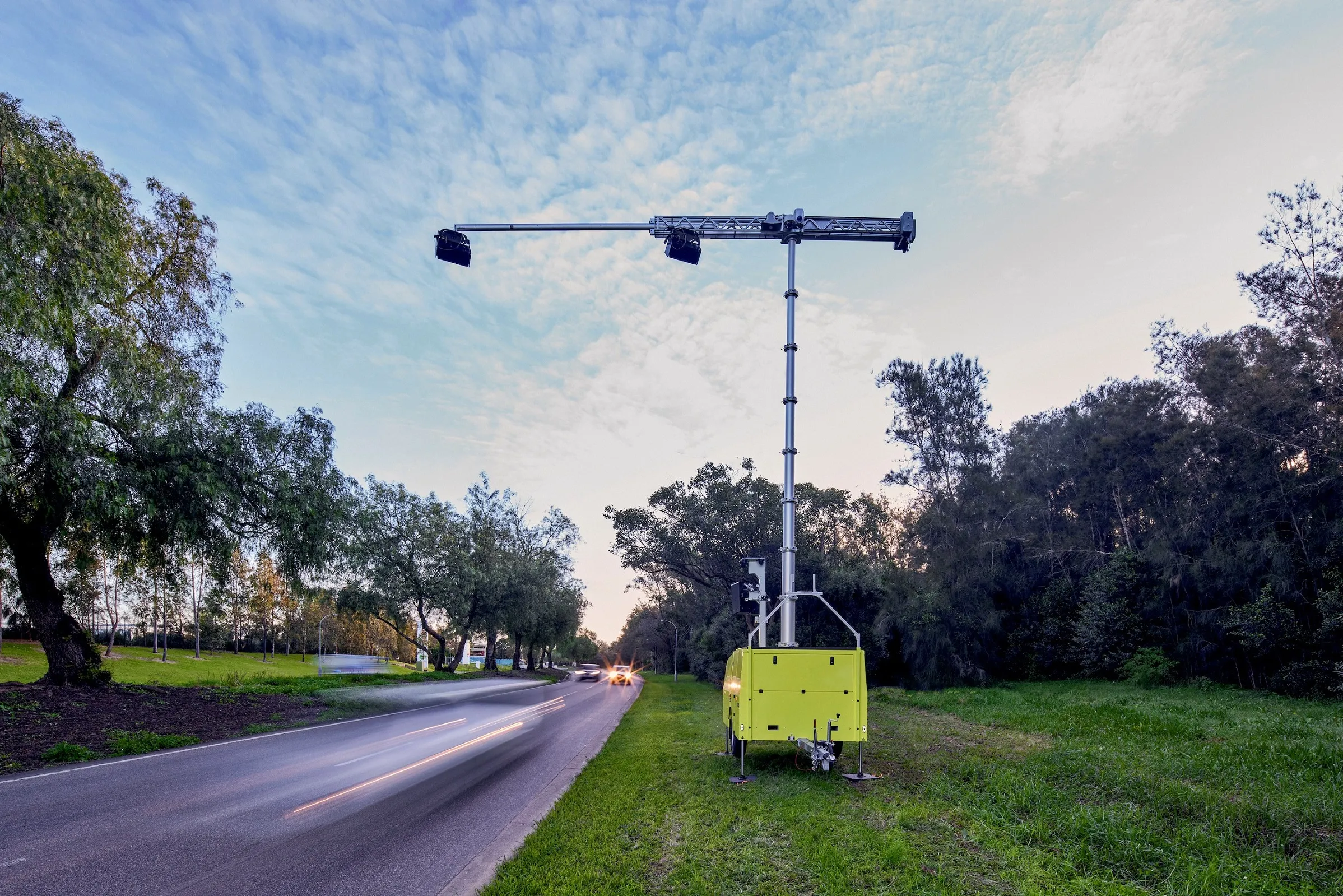Plans to double fines and penalties for using a hand-held mobile phone while driving send a strong signal to drivers – but better enforcement is essential, says the
The Department for Transport (DfT) has released its response to the consultation on ‘Penalties for use of a Hand Held Mobile Phone Whilst Driving’ to which FTA contributed. DfT proposes that offenders receive:
- Six penalty points for all drivers (currently three)
- Fines of £200 (currently £100)
- No option to take a remedial course
FTA’s response to the consultation highlighted concerns that there was a lack of proactive enforcement of this offence, suggesting that more needed to be done in this area. The Association therefore welcomes the Department’s commitment to provide additional guidance or advice and consider new technology where it aids detection and ensure effective prosecution by the police.
Ian Gallagher, FTA head of Driver and Vehicle Licensing Policy, said “These proposed changes should go some way towards making all drivers think about the consequences of their actions. Vocational drivers also risk their livelihood as many of our members already have in place a zero tolerance for employees in breach of these rules.”
Mr Gallagher added “FTA agrees that these increased penalties should work to dissuade use, particularly in new drivers who risk losing their licence altogether. However, what is needed is a new effort to ensure the rules are enforced. Without enforcement, increasing the fines and penalties could have little impact on habitual users.”
The consultation, which received 4,347 online, e-mailed and postal responses, concluded that there was overwhelming support for increasing the fixed penalty fine and also for increasing the penalty points for the offence; both showed 94 per cent of online respondents in favour. Additionally, 65 per cent of online responses were against a proposal for the use of remedial training for first time offenders driving HGVs.
FTA is keen to participate in any work by the Department to use technology to help with enforcement and reducing in-vehicle use.










